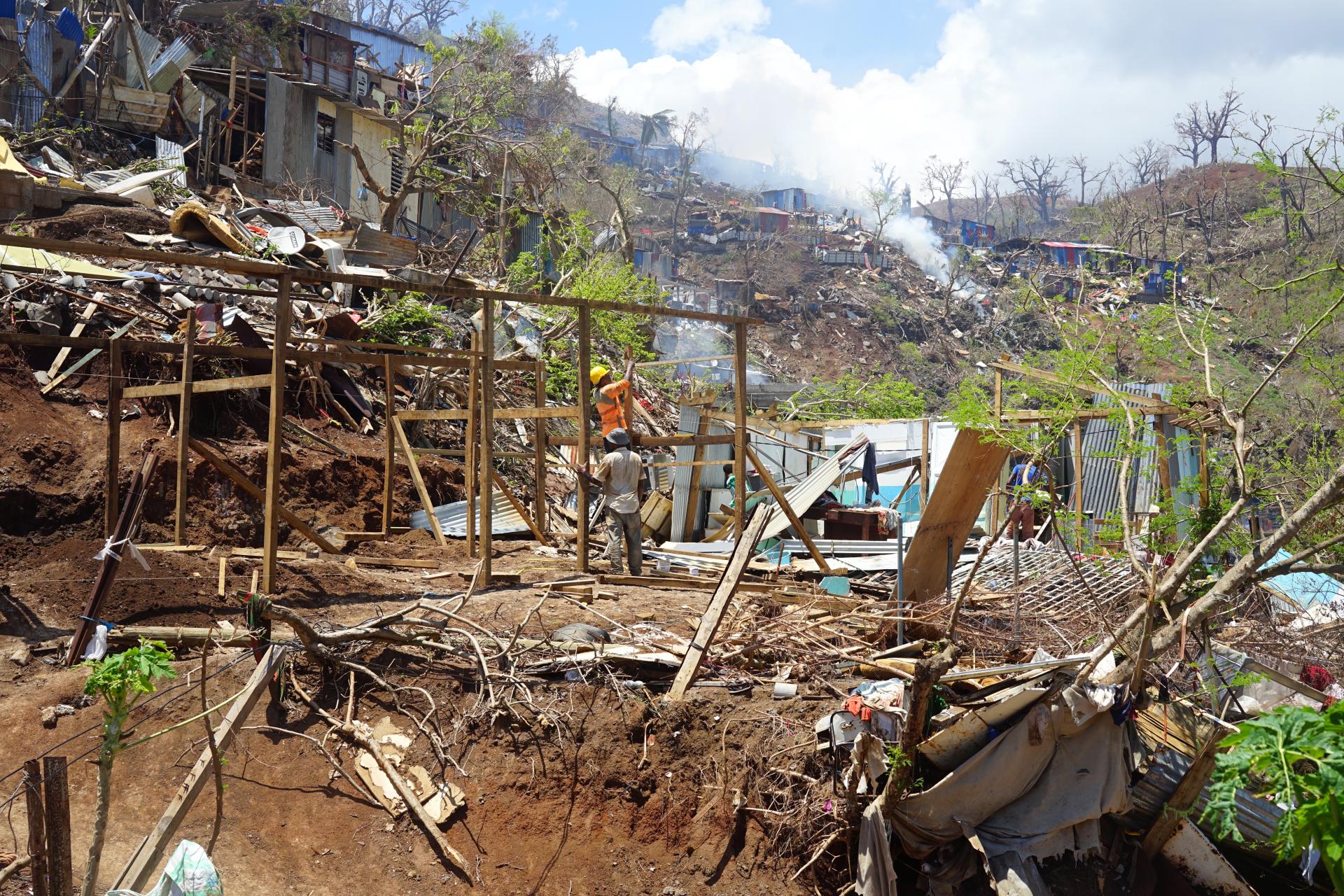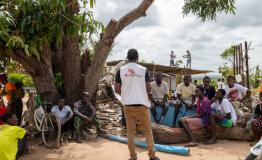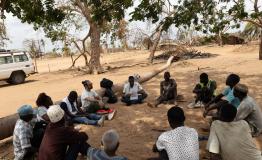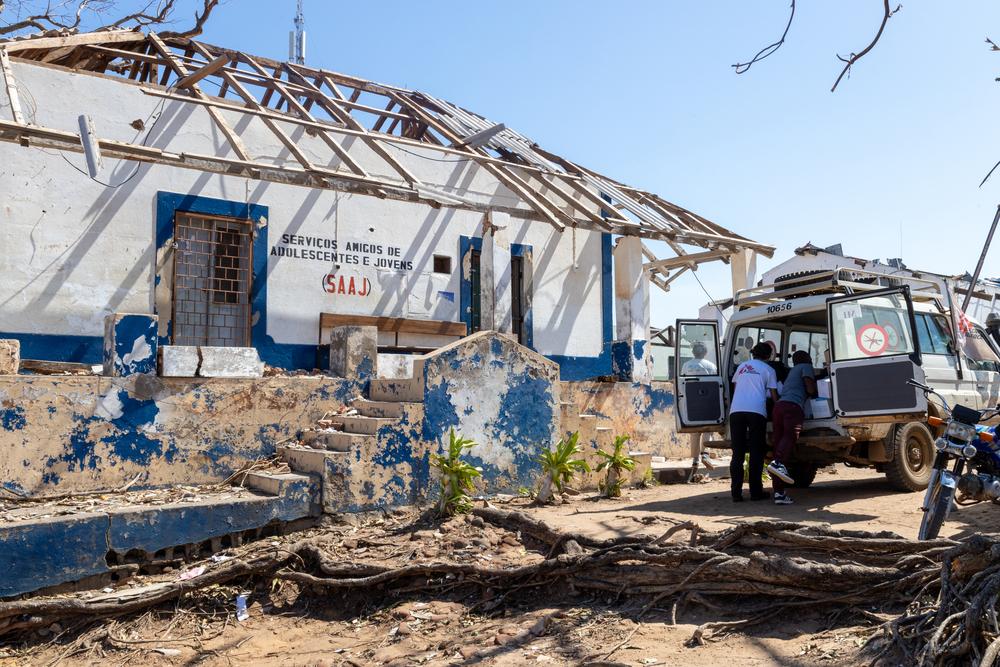MSF has launched outpatient medical activities to provide care for people living in precarious housing areas, shantytowns and isolated localities on the island of Grande Terre.
Teams of doctors and nurses visited several localities in Mamoudzou this week, including the Kaweni district, where almost 20,000 people were living in flimsy iron-sheeted huts, and the village of Vahibé, both flattened by the storm. More than 500 patients were seen for consultations, mainly for wounds and traumatology, but also for common illnesses (chickenpox, headaches, coughs, etc.) and chronic conditions for which treatment had run out.
‘The hospitals are in the process of receiving help from the French authorities, but we know that a large part of the population of Mayotte does not travel to these facilities. In this context, it is essential to go directly to the people who remains in remote localities, informal settlements and shanty towns, to meet their health needs as close to home as possible’, explains Mehdi El Melali, MSF's emergency medical coordinator in Mayotte. ‘It is important to maintain continuity of healthcare, particularly for people with chronic illnesses. We are also very vigilant about the risks of tetanus and cholera, due to the low vaccination coverage for these diseases and the current conditions that foster their development’.
Untreated wounds caused by cyclone damage and injuries from handling sheet metal, among other things, can provide a breeding ground for tetanus, a potentially fatal disease if not vaccinated and properly treated. The incubation period for the disease is two weeks on average. Cholera vibrio is also present on the island, as demonstrated by this summer's epidemic, and could re-emerge in a context where already poor access to water, hygiene and sanitation is deteriorating.
In addition, MSF teams have begun to provide assistance in terms of access to water, by restoring a water catchment point for example, and will also continue their efforts in this area.
‘The people we are meeting continue to tell us that their needs are staggering, twelve days after the cyclone hit, particularly in terms of access to food and water. Large-scale distributions have not yet begun. However, we welcome the announcement by the authorities to provide aid to all the island's inhabitants, regardless of their nationality. There is no room for anything other than solidarity’ says Yann Santin, MSF's emergency coordinator in Mayotte.
In the coming days, MSF's mobile clinics will continue to travel to other localities in order to respond as effectively as possible to people's needs.



